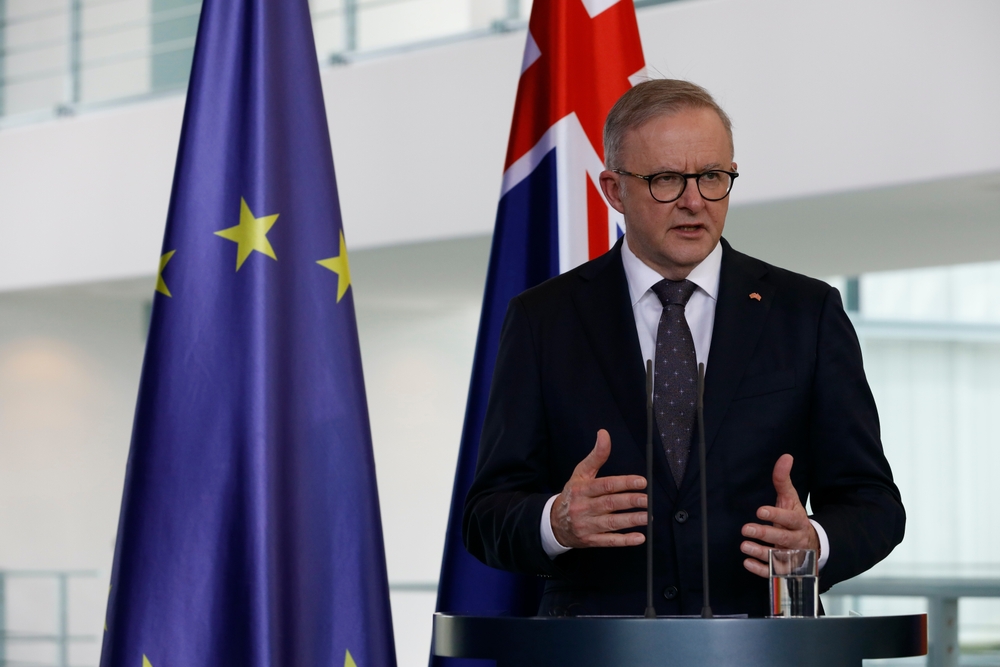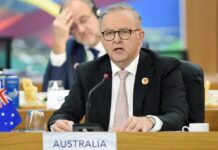Trump’s tariffs: Australia talks exemption

Australian industry and the Federal Government are responding to the US Government’s consideration of a uniform 25% tariff on all steel and aluminium imports.
In a call this morning, Prime Minister Anthony Albanese and US President Donald discussed Australia’s bid for an exemption from the sweeping tariffs.
Prime Minister Albanese says the US President agreed that an exemption is under consideration in the interest of both countries.
“What I’m concerned about is securing an exemption,” Prime Minister Albanese said in a press conference.
“I’m about positive relationships and today’s discussion was another step in securing that positive relationship.”
Of particular interest is the US’ trade surplus with Australia.
“[The surplus] is about 2:1 when it comes to trade between our two countries,” Prime Minister Albanese said.
“The US is an important investor here in Australia.
“Our steel is an important input for US manufacturing. BlueScope is the US’ fifth-largest steel maker.
“Our aluminium is a critical input for manufacturing in the United States. Our steel and aluminium are both key inputs for the US-Australia defence industries.”
Minerals Council of Australia chief executive Tania Constable says the potential tariffs are a stark reminder of the volatility of global trade.
“While these tariffs are not yet final, any such move would have significant implications for Australian industry,” she said.
“The Minerals Council of Australia has been working closely with the [US] Department of Foreign Affairs and Trade and Australian agencies in Washington to assess the risks and implications of these tariffs.
“Steel and aluminium are not just key to industrial production but are critical to defence, technology and advanced manufacturing supply chains.
“Aluminium production, in particular, plays a vital role in securing minerals like gallium and germanium, which are essential to power modern technologies.
“These proposed tariffs set a concerning precedent.
“Action is needed now to ensure that trade restrictions do not expand to critical minerals and other resources that are vital to Australia’s economic future and global supply chains.
“The real question is whether Australia is in the best position to weather these global changes. Right now, we aren’t.
“While our competitors are cutting costs and attracting investment, Australian industry is being weighed down by policies that make it harder to invest, expand and compete.
“If we don’t fix this, we risk losing the very industries that keep our economy strong.
“Australia has long been a reliable and trusted supplier of these materials to the world and our strong trade and defence relationship with the United States has underpinned decades of economic and strategic cooperation.
“It is vital that this partnership continues, ensuring stable supply chains and mutual benefit for both nations.
“Governments can’t control global trade, but they can control how competitive we are.
“That means removing barriers to investment, keeping costs down and ensuring Australia remains an attractive place to do business.
“Now the [Federal] Government must take decisive action and put in place the policies needed to secure the future of some of our most important industries.”






















